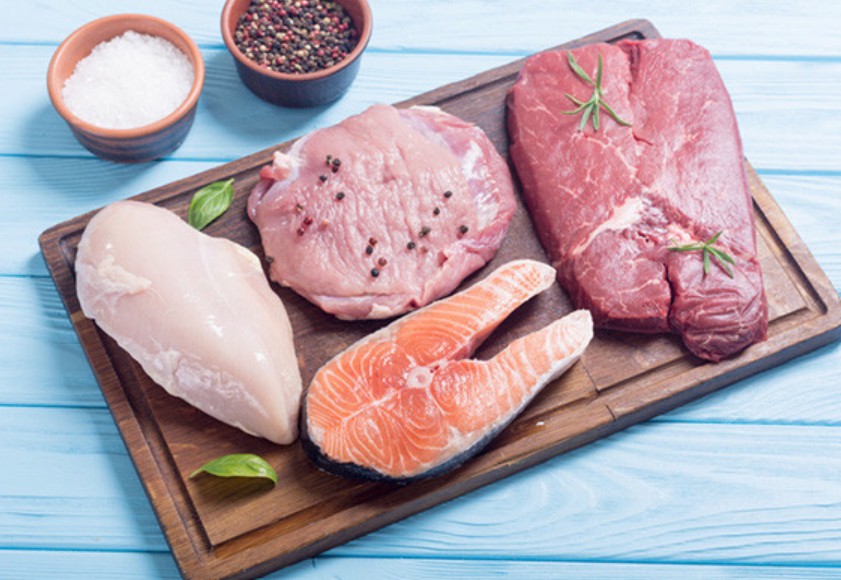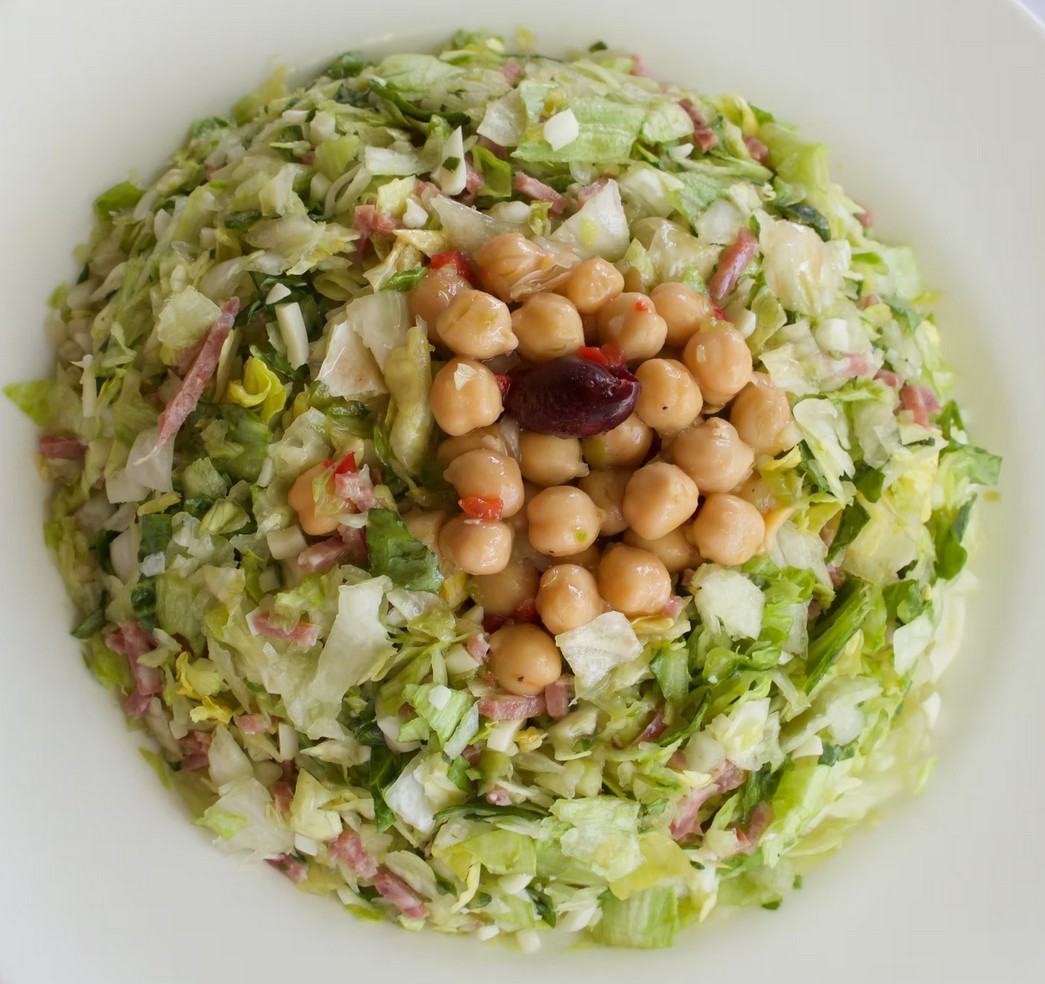It starts with a question that sounds almost like a dare: What if you ate nothing but meat?
No grains. No vegetables. No fruit. No fiber. Just steak. Chicken. Eggs. Liver. Fat. Day in, day out. No seasonings besides salt. No sides. No sauces. Just meat, and more meat. It feels extreme — because it is. But for a growing number of people, the carnivore diet isn’t a stunt or a short-term experiment. It’s a way of life.
In a world where diet advice is endlessly conflicting, where food labels scream with contradictions and health trends shift faster than seasons, carnivore offers something seductively simple. No counting. No tracking. No debating kale vs. spinach. Just meat — nutrient-dense, unprocessed, primal. It’s the dietary equivalent of clearing the clutter and starting from zero.
And for some, that simplicity is powerful.
People who adopt the carnivore diet often have a familiar story: years of bloating, fatigue, autoimmune issues, brain fog, blood sugar swings, or just general frustration with how their body feels. Many come to carnivore after trying everything else — plant-based, paleo, keto, elimination diets — and still feeling stuck. For them, the meat-only approach is a reset button, a quieting of the storm.
They talk about clarity, energy, reduced inflammation, better digestion, and in some cases, relief from chronic conditions. They wake up hungry for breakfast again. They stop obsessing over food. And yes, some lose weight — sometimes dramatically. For others, the shift isn’t just physical. It’s philosophical. They feel like they’re returning to something ancient, instinctive, unfiltered by modern food science.
But carnivore isn’t without controversy.
Medical professionals raise valid concerns: lack of fiber, potential nutrient gaps, saturated fat intake, long-term heart health. Critics point out that there are few long-term studies on an all-meat diet, and that while elimination may ease symptoms in the short term, it may not be sustainable — or healthy — over the long haul.
There’s also the emotional complexity. Food isn’t just fuel — it’s culture, color, connection. An all-meat approach can feel socially isolating, restrictive, and intense. No birthday cake. No toast with coffee. No apples in fall. No casual meals with friends unless you’re okay bringing your own ribeye.
And yet, there’s something fascinating — even admirable — about the conviction of those who choose this path. Not because meat is magical, but because they were willing to question the norms, tune into their own bodies, and try something radically different. Whether you agree with the method or not, the motivation is deeply human: the search for relief. For simplicity. For something that works.
The carnivore diet might not be for everyone. In fact, it might not be for most people. But the reasons behind its rise — frustration with complex nutrition advice, the failure of conventional diets, the craving for control — are something almost anyone can understand.




